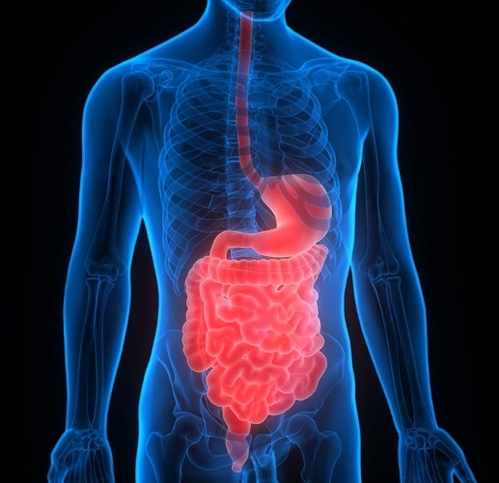New Delhi, 11 February (IANS). According to a new study, antibiotic used to treat infectious diarrhea can be an effective drug for a type of inflammatory bowl disease (IBD).
Researcher at the University of Birmingham, UK showed that an antibiotic called Vankomaysin can also be effective in treating people who have a special type of IBD. This primary sclearing develops due to incurable autoimmune liver disease called colangitis (PSC).
After taking this drug as part of a clinical trial published in Cron and Colitis Journal, four of the five patients involved in the study achieved disease.
This research is important, as many participants suffering from the disease did not react to other IBD treatment.
In addition, IBD and PSC have a deep connection with each other. IBD develops in most individuals suffering from PSC. Along with this, PSC also develops in 14 percent of patients suffering from IBD.
Dr. Mohammad Nabil Qureshi of the University of Birmingham said, “Our findings suggest that Vankomaysin can provide a new therapeutic option for patients with this challenging combination of IBD and autoimmune liver disease.”
Together, this condition increased the requirement of colon surgery. It may develop colon or liver cancer, for which they will need a liver transplant. It also increases the risk of death.
During the test, participants were treated with oral antibiotics for four weeks. After treatment, about 80 percent of the patients got clinical discounts.
He also showed significant decrease in inflammatory markers, and 100 percent mucosal healing. However, when treatment was stopped after 8 weeks, the symptoms came back.
Scientists have found that a drug called vankomycin may change some bile acids. These changes are being studied so that the treatment of PSC disease associated with IBD can be improved.
The team said, although the results are initial, they provide a strong base for further research.
-IANS
SCH/AS
